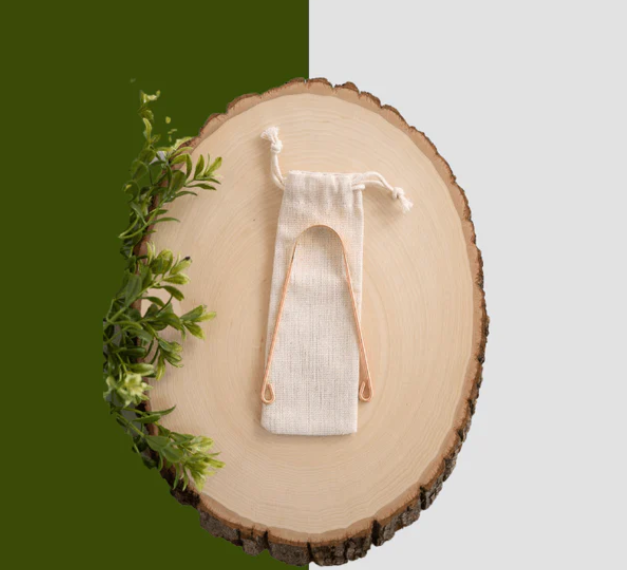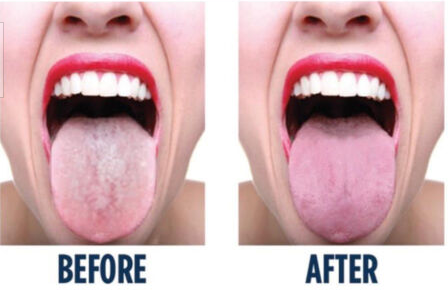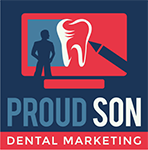Tongue scrapers are a simple yet effective tool for maintaining oral hygiene, and they are quickly becoming popularized by social media influencers in 2023.

Their benefits include:
- Removing bacteria and debris from the tongue: The tongue can harbor a significant amount of bacteria and debris, which can contribute to bad breath and other oral health issues. Tongue scrapers are designed to effectively remove these harmful substances from the tongue.
- Improving taste and smell: Removing bacteria and debris from the tongue can also improve your sense of taste and smell, as it allows for a more accurate perception of flavors and scents.
- Enhancing overall oral hygiene: Regular use of a tongue scraper can help improve overall oral hygiene by reducing the risk of tooth decay, gum disease, and other oral health problems.
However, tongue scrapers also have some downsides to consider:
- May cause discomfort: Some people may find that using a tongue scraper is uncomfortable or even painful.
- Risk of injury: If not used properly, a tongue scraper can cause injury to the tongue, such as cuts or scrapes.
To use a tongue scraper, follow these steps: 
- Stick out your tongue and hold the scraper at the back of the tongue.
- Gently scrape the scraper forward to the tip of the tongue.
- Rinse the scraper and repeat the process a few times.
- Rinse your mouth and tongue with water to remove any debris.
- Repeat this process daily, or as recommended by your dentist or hygienist.
It's important to note that it's not recommended to overuse the scraper or to press too hard on the tongue, this can cause injury or damage to the tongue. Also, if you have any sores or cuts on your tongue, it's better to avoid using a tongue scraper until they heal.
In general, tongue scrapers are a simple and effective tool for maintaining oral hygiene. With regular use, they can help remove bacteria and debris from the tongue, improve taste and smell, and enhance overall oral hygiene. However, it's important to use them properly and be mindful of any discomfort or injury they may cause. It's always better to consult with a dental professional before using any oral hygiene tool.


